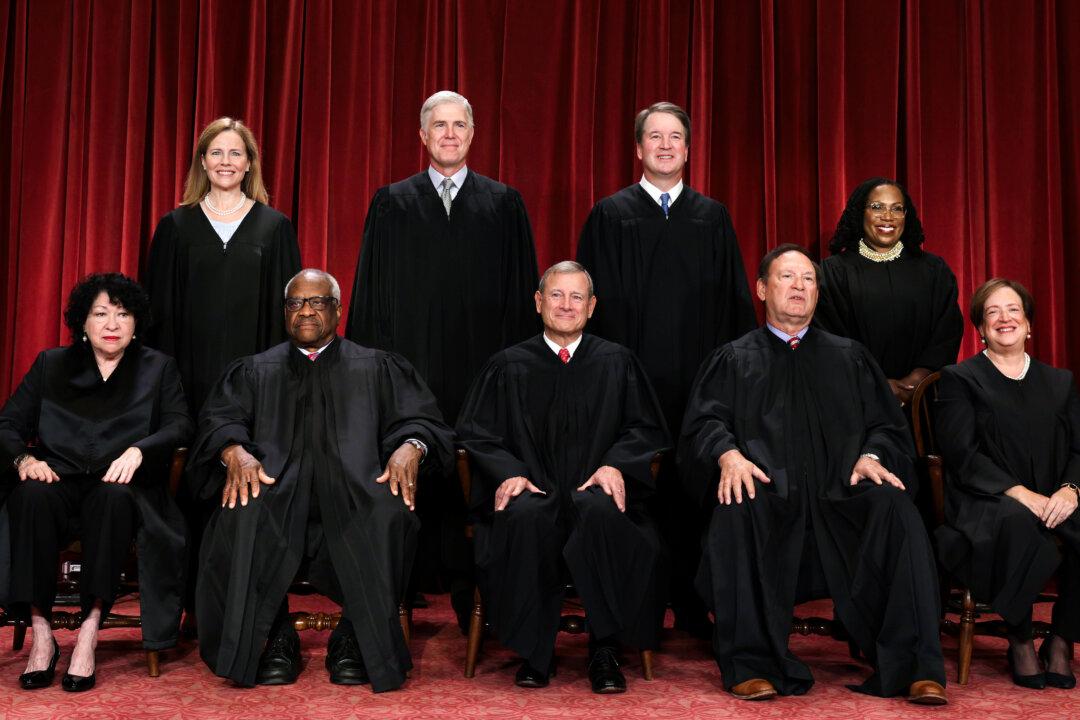The Idaho attorney general’s office filed an emergency petition with the U.S. Supreme Court to permit the enforcement of a statewide abortion law, coming after a lower court ruled that the state can partially enforce the ban.
The petition, filed on Nov. 20, comes in response to a Biden administration lawsuit filed last year, and it asks the top court to stay an injunction that prevents the state from issuing penalties to doctors who perform abortions under certain emergency situations.





